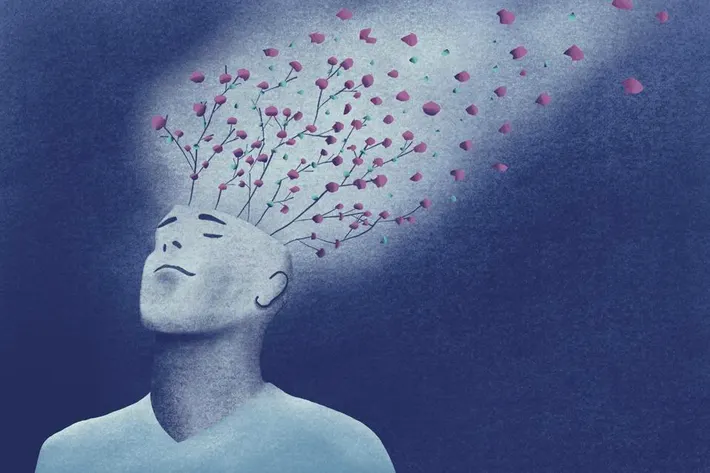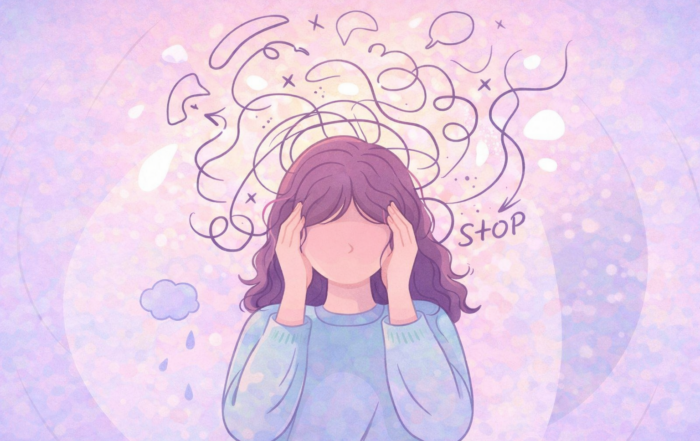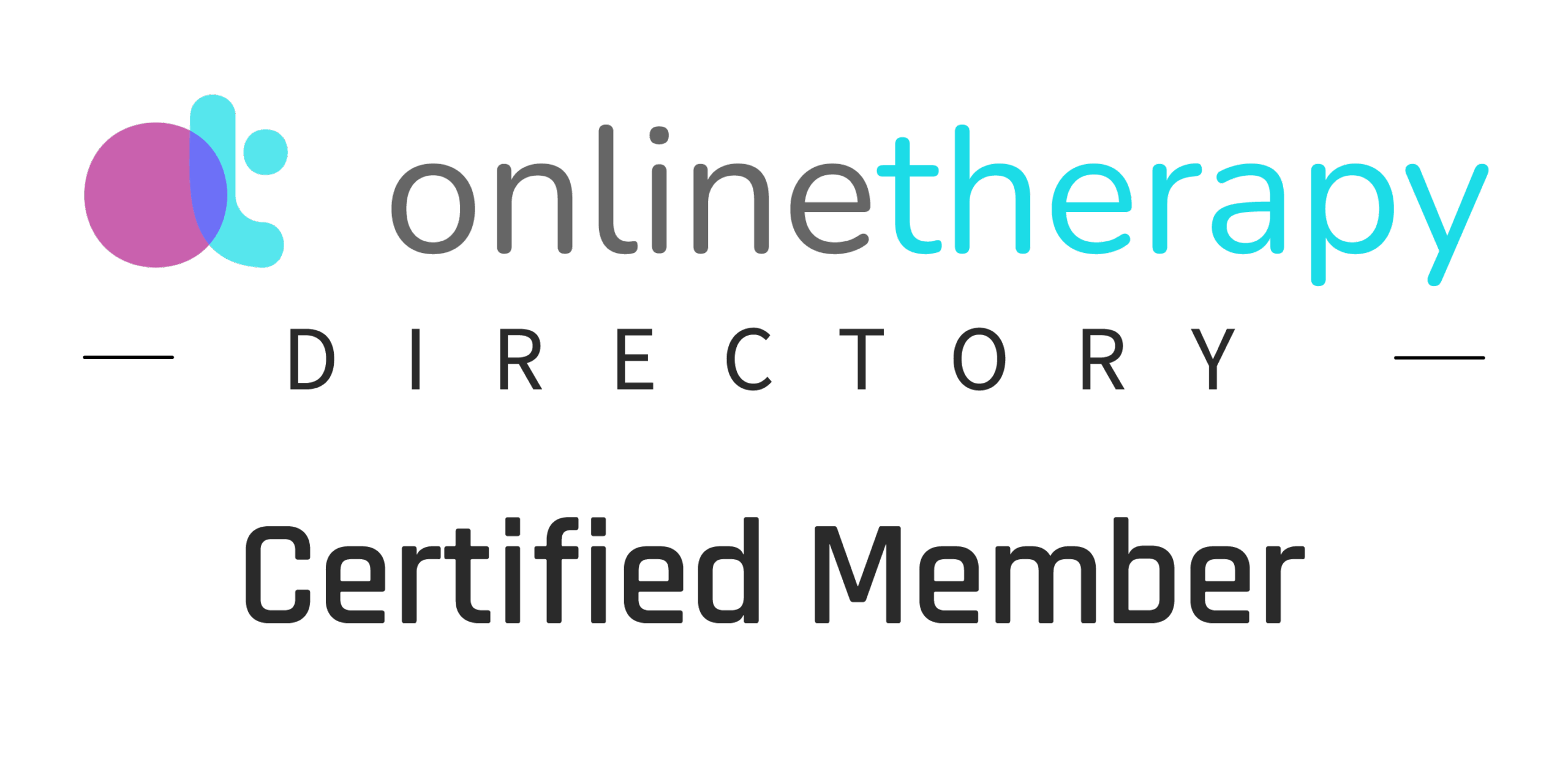Belief in Something Shapes Your Experience of It

One of my favorite topics to reflect on—both in my personal life and in my work as a trauma therapist—is the power of beliefs. What we believe about ourselves, others, the world, and even the moment in front of us deeply shapes how we interpret and respond to our lives and the reality in front of us. It’s a subject I return to again and again with clients in my Westlake Village and Thousand Oaks therapy office, as well as in online sessions throughout California.
You might notice this in subtle and not-so-subtle ways. Two people can go through the same experience and walk away with completely different interpretations. Why? Because their core beliefs—formed through past experiences, trauma, and repeated messages—act like a lens through which they make sense of what’s happening.
Beliefs in the Healing Process
Let’s talk about healing for a moment. For those who struggle with anxiety or panic attacks, a common feature is the belief that another panic attack is just around the corner. This anticipation can become so strong that it actually triggers the very experience they’re trying to avoid. The body feels a sensation—maybe an elevated heart rate or shortness of breath—and the mind immediately interprets it through a fear-based belief system: “It’s happening again.” This fear itself creates a feedback loop that heightens the panic response.
But what if we could shift that belief? What if, instead of jumping to fear, we could tell ourselves, “This is just a sensation. It doesn’t mean I’m going to experience a panic attack”?
Let me share a personal example. I used to struggle with intense panic attacks. Recently, I ate a very cold dish straight from the fridge. Within minutes, my body started trembling, and I felt chills throughout. My brain went: “Is this anxiety? Am I having a panic attack?” It took me several minutes to realize—nope, I was just cold from the inside out! That moment was such a reminder of how quickly our beliefs can override facts. The belief system tries to “fill in the blanks” and often jumps to conclusions based on past traumas.
Beliefs Shape Our Lives—Not Just Our Symptoms
This doesn’t just apply to anxiety. Think about any area of life: your career, your relationships, your self-worth, your healing journey. If you hold a belief like “life is hard,” “people can’t be trusted,” or “I always fail,” that belief will shape how you show up in every one of those areas. You might avoid trying something new, sabotage your own success, or miss out on opportunities because your belief system already decided the outcome for you.
These deeply rooted patterns are especially present in people who have experienced narcissistic abuse, emotional abuse, or sexual abuse. Trauma wires our nervous systems to anticipate danger and interpret life through a survival lens. In trauma therapy, particularly through modalities like EMDR therapy, somatic trauma therapy, and Dialectical Behavior Therapy (DBT), we work on identifying and gently reshaping these belief systems over time.
Beliefs Are Deeper Than Just Thoughts
A belief is not just a negative thought. A thought might be: “I’m going to mess up this job interview.” But the belief underneath might be: “I’m not good enough,” or “I always fail.” Beliefs are more deeply embedded and, in many cases, were formed years ago—often during childhood. For example, if you grew up in an environment where you were constantly criticized or made to feel unsafe, your beliefs about yourself and others will reflect that.
This is why in trauma-informed care, we don’t just address the surface-level thoughts. We go deeper, asking:
-
What do you believe about yourself in this moment?
-
Where did that belief come from?
-
Is it still serving you?
These are powerful questions that guide much of the work I do in individual therapy and relationship therapy—whether in-person in Agoura Hills, Calabasas, or Ventura, or remotely with clients throughout Los Angeles and the rest of California.
Shifting Beliefs, One Step at a Time
Healing these beliefs doesn’t happen overnight. You don’t simply “decide” to believe something different and—voilà—it’s done. Instead, it’s about getting curious. Observing. Asking yourself: “What is my belief here?” And then working backwards: “Where did this belief start? What does it protect me from? Is it still true?”
Over time, through practices like mindfulness, EMDR, and body-based trauma therapies, you begin to rewire the connections in your brain. You start to see that not all of your thoughts are facts—and not all of your beliefs need to remain in charge. Even a subtle shift, like moving from “I’ll fail” to “Maybe I’ll do okay,” can open the door to a different experience.
You Are Allowed to Believe Something New
Imagine stepping into a new situation with the belief: “I’m capable. I can handle this.” That mindset alone changes your body language, your energy, your presence. And when you succeed—when something goes well—that new belief is reinforced. This is the power of belief: it doesn’t just shape how you feel about an experience; it shapes how you live it.
In therapy with me, we explore these beliefs gently, patiently, and with compassion. Whether you’re healing from deep trauma, navigating a life transition, or just feeling stuck in unhelpful patterns, understanding your belief system is often the key to moving forward.
Looking for support?
I’m Valeriya Bauer, a trauma-focused psychotherapist offering in-person sessions in Westlake Village, Thousand Oaks, and surrounding areas, as well as online therapy throughout California. I specialize in EMDR therapy, somatic trauma therapy, DBT, and mindfulness-based approaches. Together, we can explore your belief systems and help you build a life rooted in safety, self-trust, and possibility.




